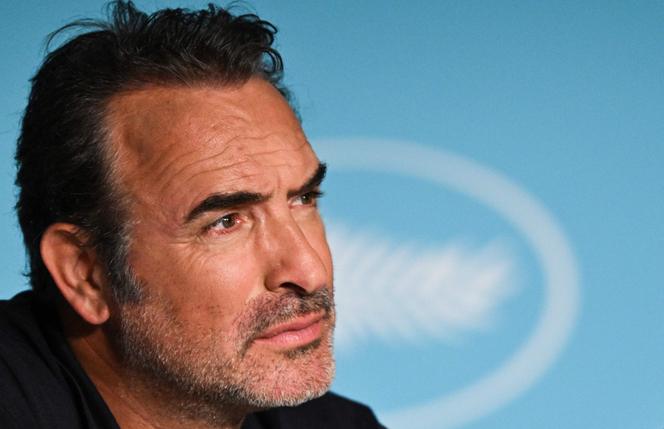


Some of France's biggest male movie stars have testified at a parliamentary inquiry into sexual violence in the film business, saying they might have missed or even been guilty of inappropriate remarks before the #MeToo movement changed attitudes.
Jean Dujardin, an Oscar winner in 2012 for his turn in The Artist, as well as domestic silver screen heroes Gilles Lellouche, Pio Marmaï and Jean-Paul Rouve agreed to speak to lawmakers last month behind closed doors. A transcript of their remarks was published on the website of the Assemblée Nationale on Tuesday, March 18.
Dujardin welcomed the #MeToo movement to denounce sexual violence, which has led to a series of scandals in the French industry but which was initially resisted as a puritan American import by some senior figures, including actress Catherine Deneuve.
"We don't see everything – and perhaps we don't want to see," Dujardin, 52, said when asked why male actors had not spoken out earlier to protect their women colleagues or reported sexual violence. "I think the #MeToo movement has been useful from that point of view." He added that "we no longer say what we used to say 10 or 15 years ago, and we won't say the same things in 10 years either (...) I feel that sexist reactions and clumsy remarks are gradually disappearing."
The #MeToo movement shook the French film industry from 2017, as it did Hollywood, exposing widespread sexual misconduct and challenging a long-standing culture of silence. Several high-profile actors and directors have since been accused of sexual misconduct including national hero and Cyrano de Bergerac star Gérard Depardieu, who faces allegations from more than a dozen women. He is to be tried for sexual assault next week.
Others include director Christophe Ruggia, who last month was found guilty of sexually assaulting Adèle Haenel when she was a child, and Roman Polanski who is wanted in the United States for statutory rape.
Actor Judith Godrèche, who helped spur the creation of the parliamentary inquiry, accused two French directors – Benoît Jacquot and Jacques Doillon – of abusing her when she was a teenager. Both deny the charges.
Lellouche, who voices Obélix in the Astérix films and directed last year's domestic hit L'Amour ouf, said #MeToo had led him to reflect on his conduct. "If I examine my own behaviour, it's certain that I must have been clumsy – it's obvious," said the 52-year-old, who also had a cameo in the French hit series Call My Agent.
Marmaï, 40, agreed. "I think I may have been clumsy in how I expressed things. I always try to create a relaxed and cheerful working atmosphere, and at times, I must have made jokes that were misunderstood," he said. "There have been times when I apologiéed, both verbally and in writing, to the person who was offended by my remarks."
Jean-Paul Rouve, who starred opposite Marion Cotillard in the 2007 biopic of Edith Piaf La Mome (La Vie en Rose, in English) said "no actress friend ever told me about a shoot that a certain director or actor was inappropriate." He added: "What we used to hear was 'Oh, he's a bit of a flirt.' But I couldn't have imagined what they were actually going through, or how far it could go. As a man, I didn't experience all that – it's a world I've discovered."
Several of the actors said that inappropriate behavior was not restricted to men, with female actors or directors also guilty. Lellouche recounted an experience involving a woman director who tried to "seduce" him. "I didn't feel violently attacked – it was things like hands under my shirt. If I had done the same to a woman, it wouldn't have been okay," he added.
Lawmakers approved the creation of the inquiry last May. It is headed by Green MP Sandrine Rousseau.
